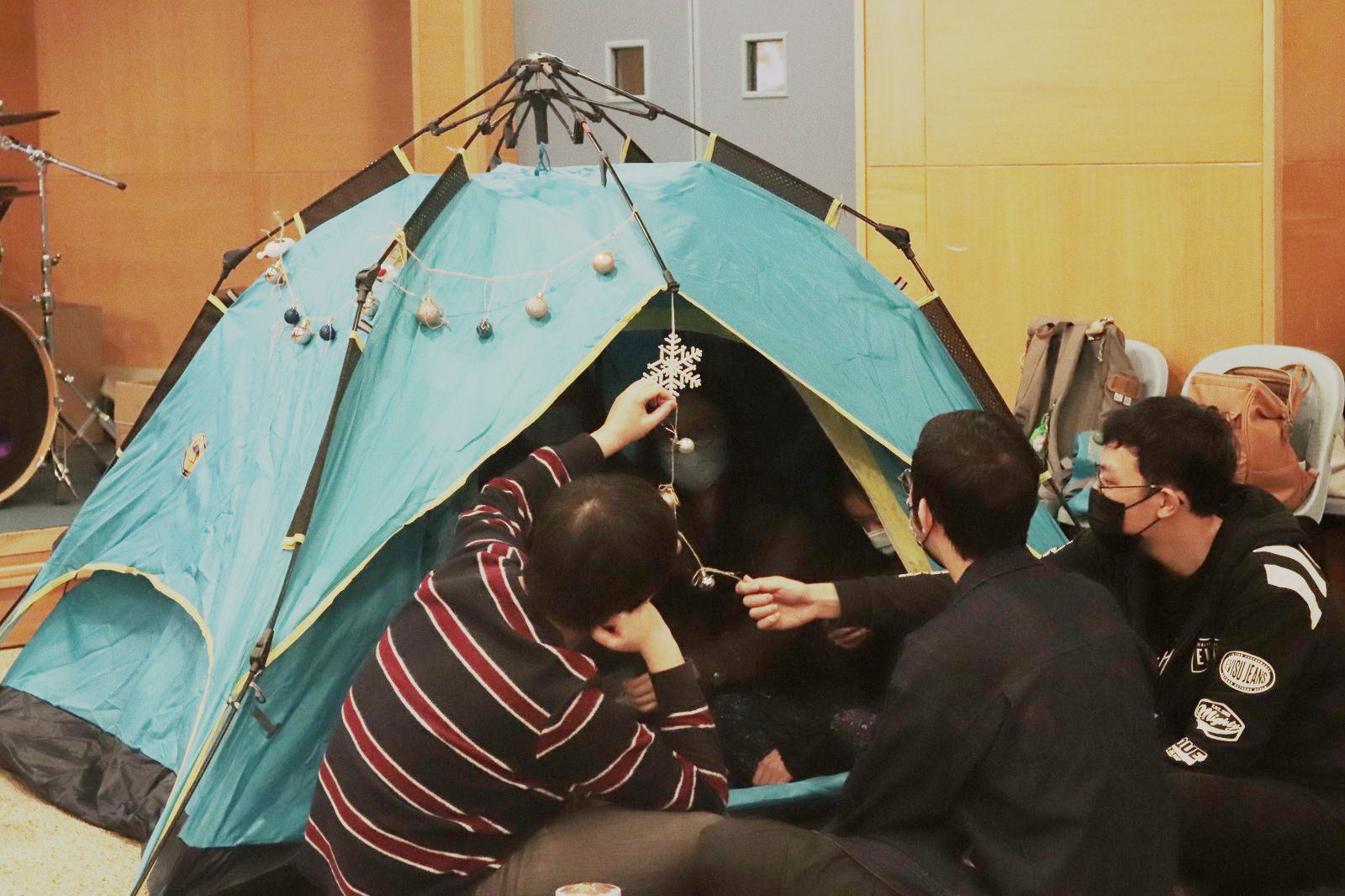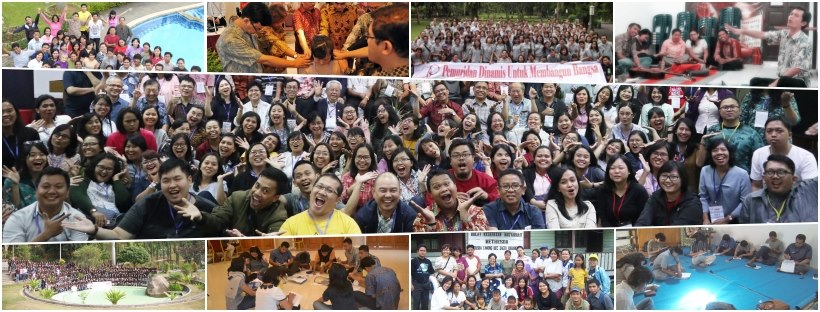Political Turmoil and the Anchor of God’s Word
Students in Hong Kong are reeling from the political upheaval of the past few years. There has been violent protest, the establishment of the National Security Law in 2020, and a crisis caused by a fifth COVID-19 wave. FES, the student movement in Hong Kong, believe in an anchor, nonetheless. God’s Word gives stability to the lost, and strength to the powerless.
For three days over the end of 2021, FES students came together to study the book of Ecclesiastes. The theme was ‘Lying Flat under the Sun’ – a saying that expresses despondency, lack of motivation and lack of faith in change. It was an opportunity for students to process the sense of powerlessness they had in the changing political and social environment.
As well Bible study, students also did workshops where they could process their frustrations in the light of God’s Word through dramas, literature and puzzles. There was even a ‘feast of tabernacles’ on the last night – as Ecclesiastes was traditionally read during the Feast of Tabernacles, students experienced Scripture in a new way by decorating their own tents.
What was it about Ecclesiastes that could give the students hope? In the book, the author resolves to enjoy what God has given, even while he recognises his powerlessness to control the injustices around him. There is ‘a time for everything’, he declares, and this enables him to wait for God’s timing. Students had permission to bring their struggles to a sovereign God. Billy, a student who attended camp, explains that ‘some disappointing news was waiting for us on the second day – a pro-democracy media company had been shut down. As Hongkongers, what should we feel? Could we even identify our thoughts and feelings after everything that has happened? The ‘Lying Flat under the Sun’ concept gave us an ironic response to this absurd world. It challenged us to put down our anxieties and worries, believing that God is in control, and allowing ourselves to enjoy the simple things in our lives.’
Students relished the opportunity to study Scripture in depth with space to share their struggles. It gave them a chance to exercise and refresh their faith, that in God’s timing, their efforts and prayers will have an impact. Knowing that his purposes will be accomplished gave them freedom to rest in him and enjoy what he has already given. ‘When we acknowledge life is a precious gift from God, we trust that he guides us’, explains Billy.
‘The social atmosphere in Hong Kong remains low and depressing. Yet, God has promised us that he will return in glory. Thus, we will not worry about Hong Kong – but wait patiently for redemption in God’s time. We don’t know when that will be – so during this time, let’s live in the moment God has given, and put our faith in him.
‘Christians in Hong Kong are sometimes too scared to step forward. We need to start discussing how and when, and to what extent we should speak out. Nonetheless, recent events have inspired and enlightened Hongkongers no longer to only care about their individual needs. More citizens are aware of injustice and poverty, and are willing to provide a helping hand and take action.
‘We pray for courage and wisdom. Taking a stance may sometimes be difficult in Hong Kong. We pray that we will have the courage to speak for the Lord when we encounter things that are contradictory to his will.’
Please pray with us for the students of FES Hong Kong:
- Pray that they will trust that God has a time for everything, whatever the circumstances.
- Pray that they will remember that God is sovereign, that they will enjoy his gifts to them.
- Pray that they will continue to have a hunger to study God’s Word, drawing from it strength and comfort.
- Pray for God to be glorified and his kingdom to come, even amidst a still-changing political context, and the challenges caused by COVID-19.









